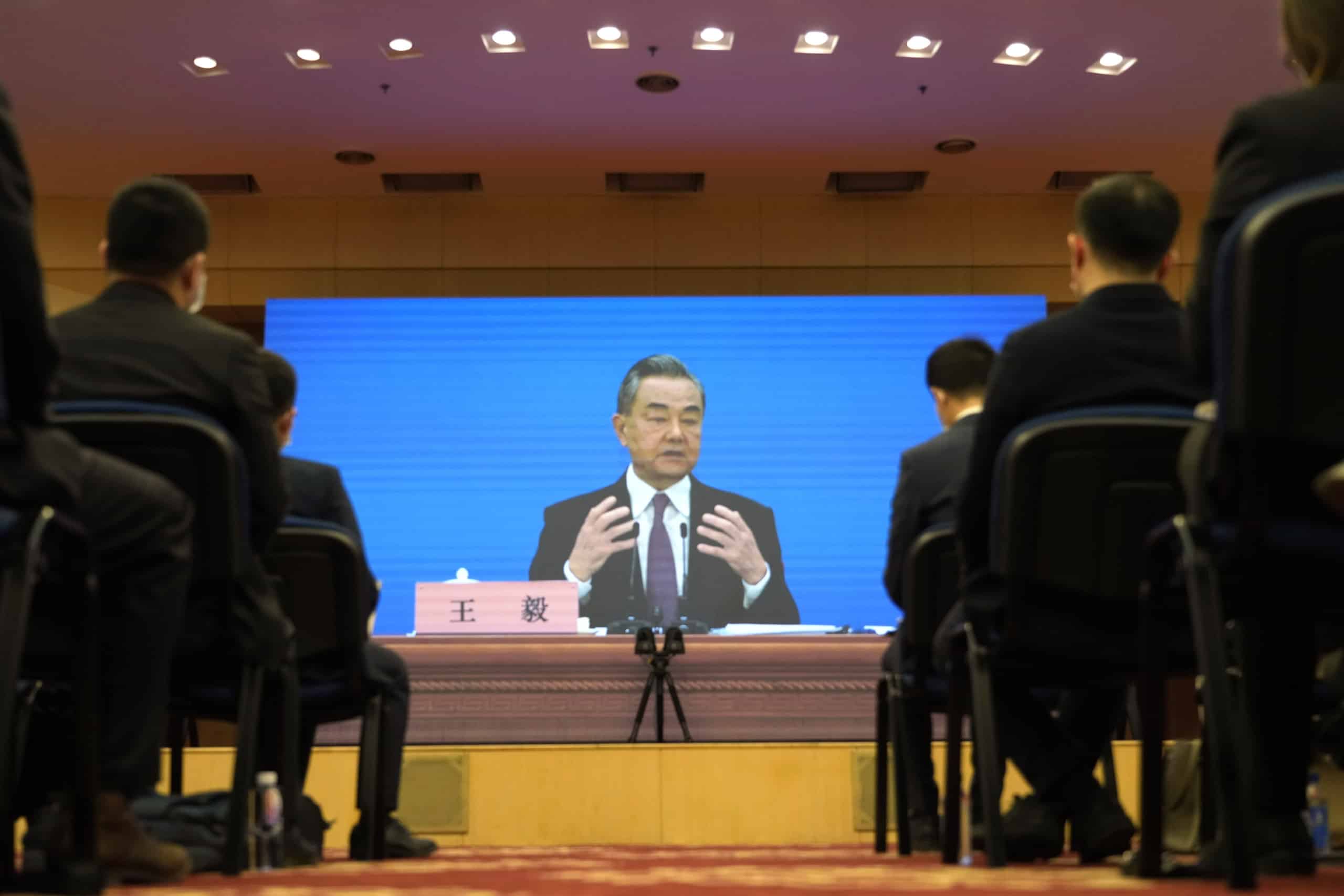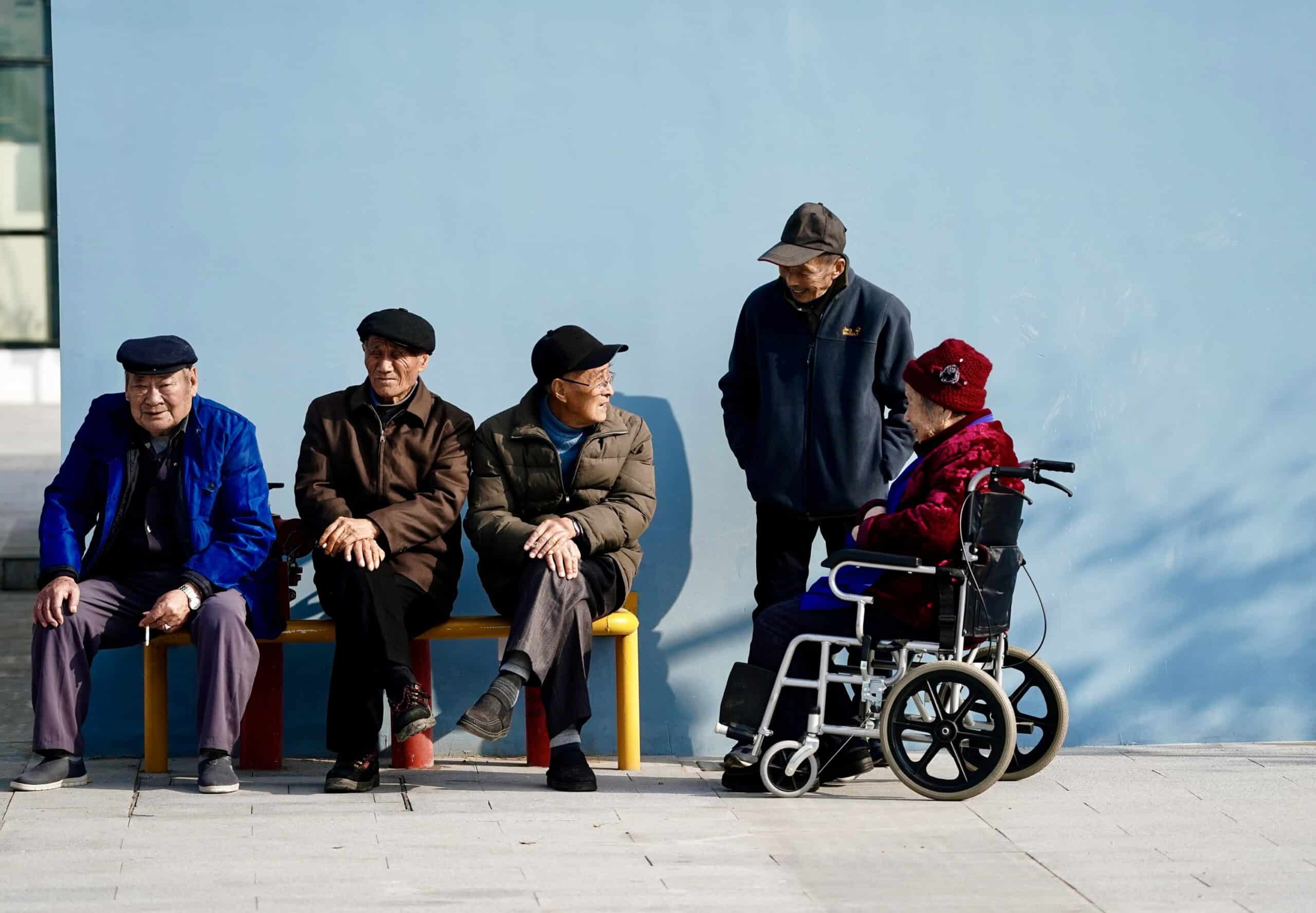
When General Secretary Xi Jinping and President Putin declared on February 4th that their relationship would know “no limits” and was dedicated to realigning the global order, neither may have realized how quickly these ideas would be put to the test. While it is inconceivable that Putin did not inform Xi of his views about Ukraine at their summit in Beijing, it is possible that the full extent of his invasion plans was not revealed. We will never know. However, Russia’s subsequent invasion of Ukraine has presented Beijing with a difficult line to tread in terms of how to maintain its strengthened relationship with Russia without significantly alienating the West, especially given Xi’s warm embrace of Putin. China’s diplomats have been left with limited space for maneuver.
Perhaps Beijing was hoping for a short, sharp action through which the Russian military would roll over Ukrainian forces and annex the eastern part of Ukraine, in the same manner as it did in the Crimea in 2014. In that scenario, Western outrage would have soon died down and China would have continued undisturbed in its attempts to present a united front with Russia against a declining and divided West. The resistance of Ukrainian forces and its people has put an end to that illusion, and the West’s united and relatively strong response has changed the calculus.
The Chinese leadership has options moving forward, but the choices it makes will be shaped by Xi’s vision of a declining west and a rising China’s desire to promote its authoritarian model. We should keep in mind that since the start of the invasion — a word that Beijing still refuses to use — China’s position has remained consistent. While calling for a peaceful settlement, the need for negotiation, and the importance of territorial integrity, official pronouncements and virtually all online discussions have steadfastly supported Russia’s position. In recent calls with France’s President Macron and German Chancellor Scholz, Xi stressed his concern with the situation running out of control, and noted China’s willingness to provide humanitarian support.
This approach is premised on two things. First, that the fault for the current situation lies not with Russia but rather with the United States and NATO. The core of the problem lies with the pressure that their actions have applied on what Russia sees as its security space. Xi supports the view that the independence of Ukraine has been exploited by NATO members to threaten Russia’s security. This was clearly stated in the February “Joint Statement,” although it did not give Putin the satisfaction of mentioning Ukraine explicitly. By contrast, it is noteworthy that the statement did mention Taiwan. Of course, for China, actions against Taiwan would not run counter to China’s assertions of upholding the UN Charter and territorial integrity, because as far as Beijing is concerned Taiwan is an integral part of the Chinese motherland.
Second, China’s approach seems to presume a victory of sorts for Russia, even though it is unclear what this might look like. Would China support a continuation of President Zelensky’s leadership in a “neutral” Ukraine with the eastern areas of Donetsk and Luhansk? It is unclear whether this now would be acceptable to Putin, despite the most recent comments.
The Chinese leadership has options moving forward, but the choices it makes will be shaped by Xi’s vision of a declining west and a rising China’s desire to promote its authoritarian model.
It is extremely unlikely that China will shift its support for Russia, unless Western actions impact too heavily on the Chinese national interest. The unified action of nations in response to Russia’s invasion is being studied seriously in Beijing. Chinese companies will be concerned about whether their trading with Russia might fall under sanctions that have been imposed. Chinese officials, including Xi, have repeatedly stated that sanctions do not work and are counter-productive. The financial actions against Russia will have raised alarm in Beijing, especially the partial removal of Russian financial institutions from Swift. Beijing has always been concerned about the U.S. “weaponizing” the dollar, but previously has followed U.S. financial sanctions, including those on Russia, because of its massive dependence on the global financial system. However, following the 2014 invasion of Ukraine, China did establish the renminbi-denominated Cross-Border Interbank Payments System. To date, it has not been a major player and has been problematic, but the current situation will see China try to expand the viability of the system and offer a path for Russian financial institutions to avoid some of the sanctions. In addition, with Visa, Mastercard, and American Express suspending services in Russia, Chinese payment systems will step up their facilities.
Click here to read another op-ed on Ukraine by Stephen S. Roach.
Finally, whether the relationship is robust or transactional will become clearer over the next few weeks. There are three actions we might look for that will indicate that China sees its national interest lying with Russia. These include, Beijing using a veto, rather than an abstention, on any UN resolutions critical of Russia; Chinese recognition of any puppet regime in Ukraine put in place by Putin; and a continued refusal to call the attack an invasion long after civilian deaths are clear for all to see.
Currently, in the UN’s debates, China has been left together not only with Russia but also with Belarus, Syria, and North Korea. Is this the new redistribution of power in the world that Xi Jinping was hoping to create? With friends like these, who needs enemies?

Anthony (Tony) Saich is the director of the Ash Center for Democratic Governance and Innovation and Daewoo Professor of International Affairs at Harvard University, teaching courses on comparative political institutions, democratic governance, and transitional economies with a focus on China.



